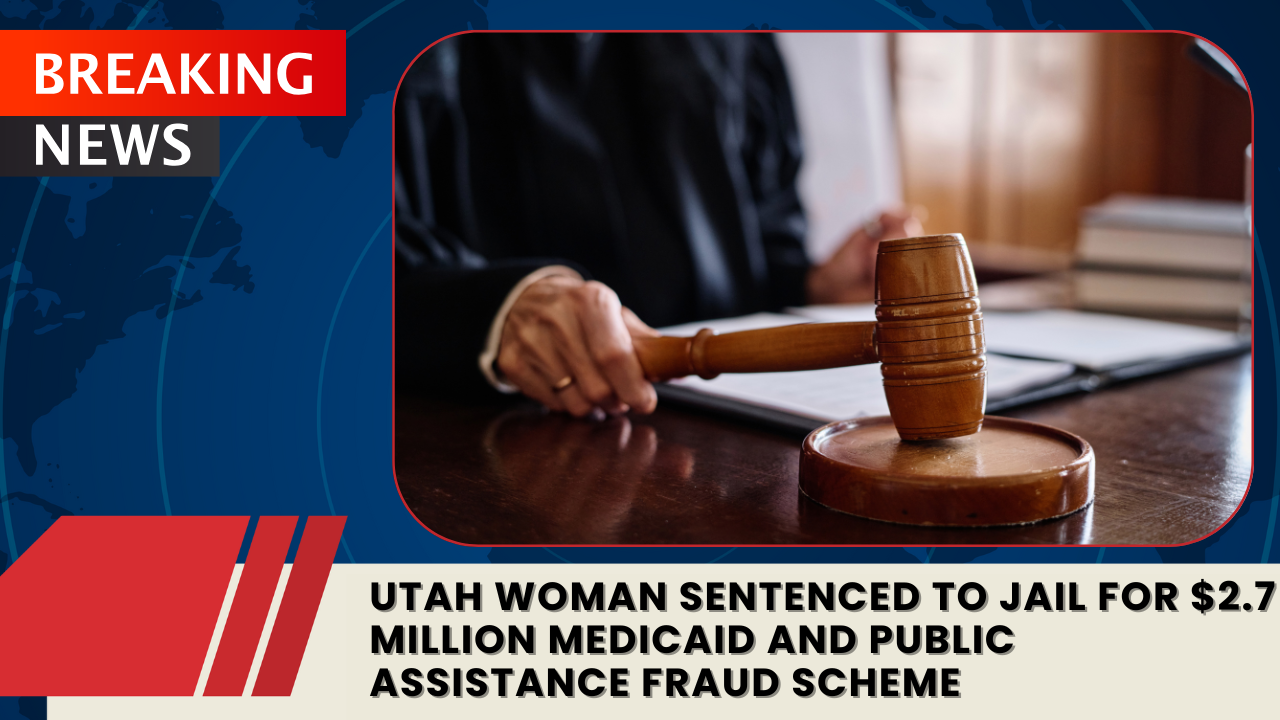SALT LAKE CITY — A Utah woman has been sentenced to one year in jail and ordered to repay nearly $2.7 million after pleading guilty to multiple charges related to a large-scale Medicaid and public assistance fraud scheme.
According to the Utah Attorney General’s Office, Lillian Kaye Simiskey pleaded guilty to Pattern of Unlawful Activity, Tax Evasion, and Public Assistance Fraud. She was ordered to pay $2,698,488.95 in restitution for defrauding state and federal programs.
The case originated in February 2021, when the Utah Department of Health and Human Services referred an investigation to the Medicaid Fraud and Patient Abuse Division, alleging that the behavioral health provider Measures of Affect Theoretically Relative (MATR) had submitted fraudulent claims to Medicaid.
MATR operated substance use disorder treatment centers in Mt. Pleasant and several other Utah locations. Prosecutors said Simiskey, a board member and administrator for the company, helped submit thousands of false claims to Medicaid for services that were never provided by qualified professionals.
Between March 2019 and June 2022, more than 7,700 fraudulent claims were filed, resulting in over $12.9 million in Medicaid payments to MATR. Investigators later determined that many of the billed services were delivered by unqualified staff and that medical records had been falsified to secure payments.
In addition to Medicaid fraud, the Medicaid Fraud Division found evidence that Simiskey evaded state taxes by failing to file accurate returns and misstating her income, leading to $59,044 in unpaid tax restitution.
Investigators also uncovered that Simiskey had illegally received $39,444.95 in public assistance benefits, even while she was one of MATR’s top-paid employees, earning over $1.7 million between January 2019 and July 2022.
“When fraud like this occurs, it harms vulnerable Utahns who depend on Medicaid for vital care,” said Kaye Lynn Wootton, Director of the Medicaid Fraud Division. “These actions waste taxpayer dollars and prevent qualified patients from receiving the treatment they need.”
A restitution hearing for Simiskey is scheduled for January 13, when officials will review her financial situation and determine a repayment plan.
Authorities say the case underscores the importance of strict oversight within Utah’s behavioral health industry and serves as a warning against exploiting public programs for personal gain.



